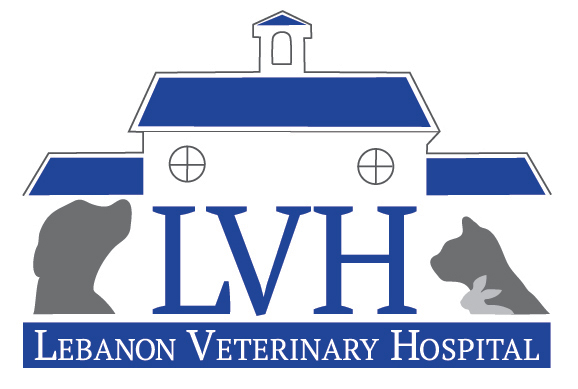At LVH our veterinary team is proud to offer routine and emergency surgical procedures. Our doctors perform procedures such as spay/neuter, mass/tumor removals, abdominal exploratory surgery, cesarean sections, amputations, enucleations and more. Our veterinary team is proud to provide the best patient care when your pet comes in for surgery. Our technical staff and doctors are always working to make sure patients have gold standard surgical care, anesthetic monitoring, and pain management with the goal of a quick recovery in mind.
Our patients can expect an experience tailored to each patients’ individual needs when they come in for a surgical procedure. We understand that this can be a scary time for pet parents and our goal is to make this as comfortable of an experience as possible for pets and their families alike.
Each patient has a pre surgical assessment where the veterinarian conducts a thorough examination of the animal, including medical history, physical exam, and any necessary diagnostic tests (like blood work or imaging) to assess the animal’s health and determine the best approach for surgery.
For surgical procedures the pet is anesthetized to ensure it is pain-free and unconscious during the surgery. Based on the assessment, a tailored anesthesia plan is developed, considering the animal’s age, breed, health status, and the type of procedure. Animals receive pre-anesthetic medications to sedate them, relieve pain, and reduce anxiety. These can be administered via injection or orally. Induction drugs (often injectable) are given to quickly induce unconsciousness. Common agents include propofol or injectable anesthetics. Once the animal is unconscious, an endotracheal tube is placed to secure the airway and deliver anesthetic gases.
During the procedure, inhalant anesthetics are administered through the tube to maintain unconsciousness. The veterinary team monitors the animal’s vital signs with multiparameter monitoring closely throughout the process. At LVH this includes a dedicated veterinary technician charting your pet’s vitals every 5 minutes, monitoring anesthetic depth, electrocardiogram, capnography, pulse oximetry, temperature, and more. Patients receive fluid and temperature support throughout the procedure.
At the end of the procedure, anesthetic agents are discontinued, and the animal is monitored as they wake up. Pain management and recovery support are provided, ensuring the animal is stable before going home.
Surgical patients at LVH can expect multimodal approaches to pain management including local anesthesia, post operative laser treatments, and pain medication tailored to each pet’s individual needs.
